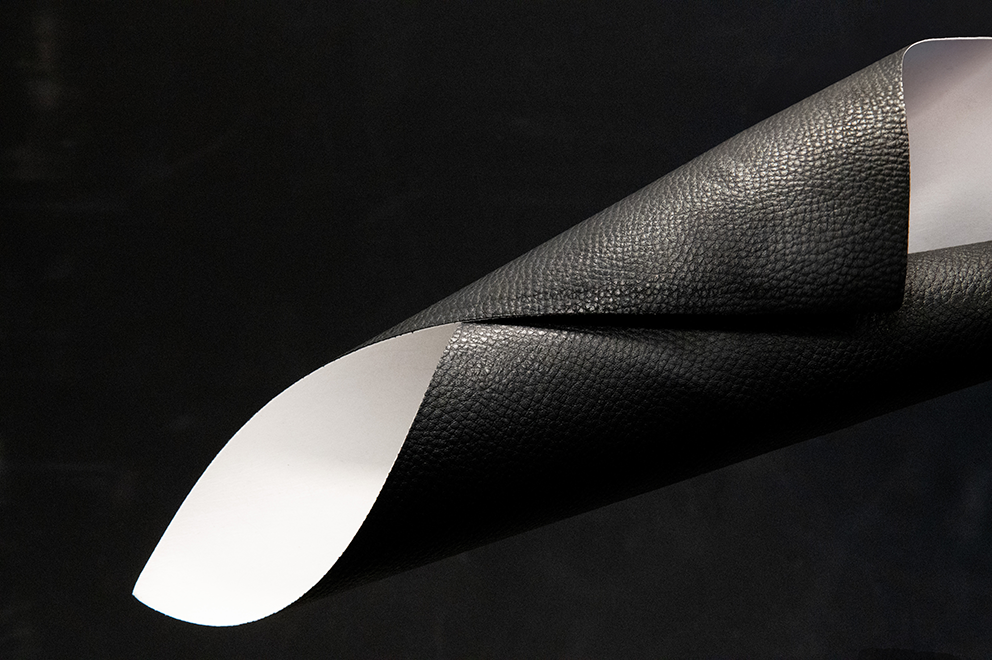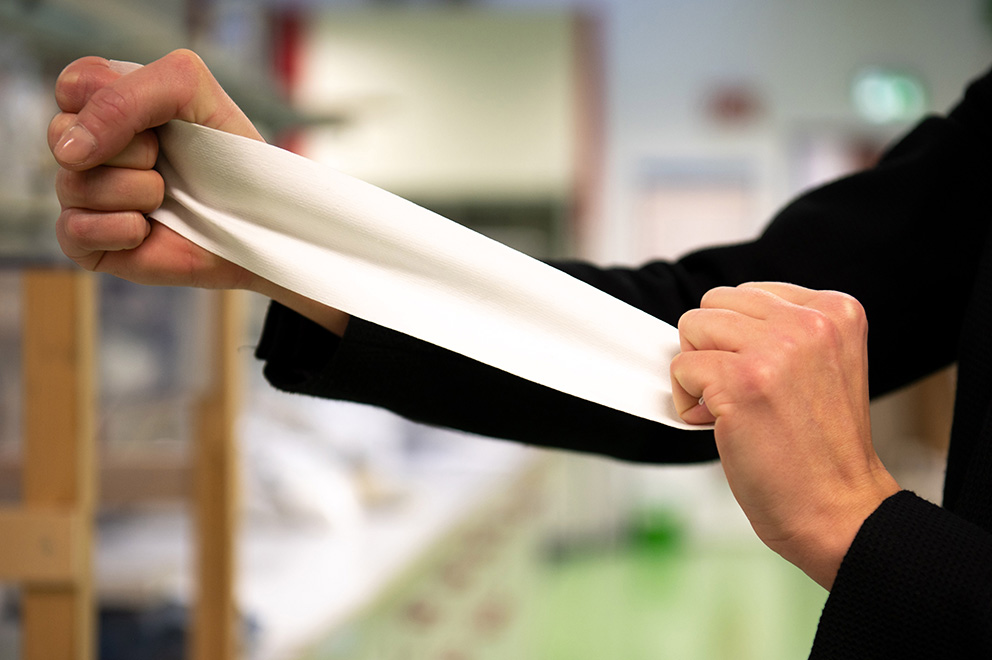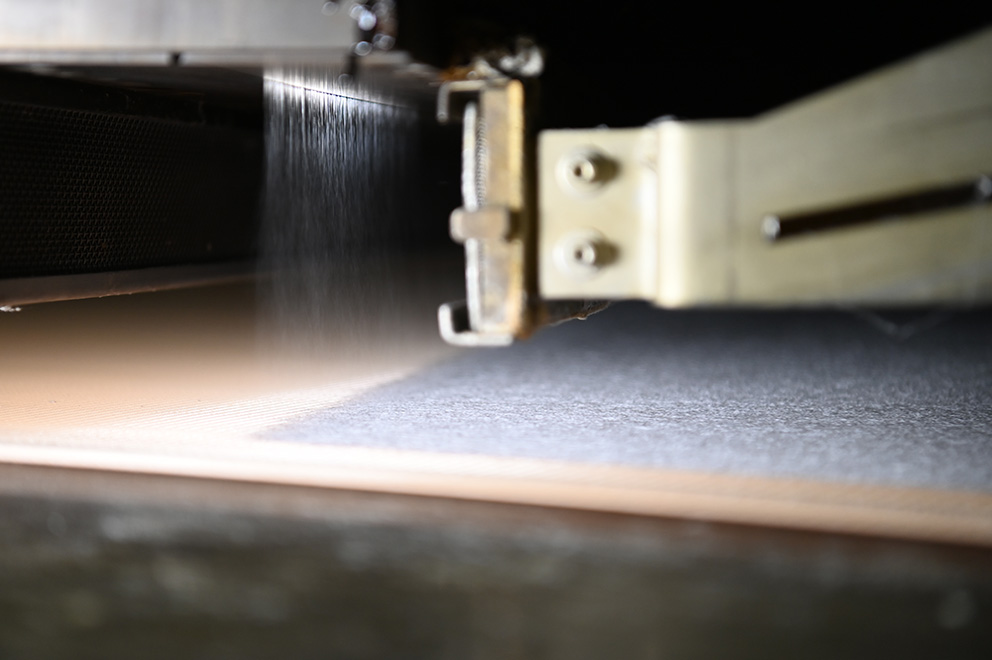Renewable and recycled alternatives for natural leather are growing vastly. In the world of synthetic materials, Thermoplastic Polyurethane (TPU) has emerged as a leading choice for artificial leather applications especially in automotive and textile industry. Renowned for its durability, elasticity, and resistance to oil, grease, and abrasion, TPU offers an attractive alternative to natural leather. But more than just its functional properties, TPU stands out for its sustainability.
Step into Sustainable Performance with TPU-Based Synthetic Leather
TPU's recyclability is some of its significant advantages over rubber and plastic. As the world continues to grapple with the environmental impact of material production, TPU's sustainability credentials make it an ideal choice for environmentally conscious manufacturers.By integrating mechanical processes with an enhancement step, the post-industrial TPU waste can be recycled and regenerated, restoring it to its original high-quality material standard.These innovations highlight the growing interest in sustainable TPU carrier materials for synthetic leather, aligning with global sustainable development goals while meeting the high demands of the textile and automotive industries.
GESSNER's TPU Innovations: The Conscious Alternative to Natural Leather
In the realm of synthetic leather, TPU has been making significant strides. From premium synthetic leather applications to eco-friendly synthetic leather, TPU's versatility is evident. Its compatibility with existing processes enables synthetic leather producers to effortlessly integrate it into their production lines. These properties make it possible to use our TPU nonwoven as a backing material for a TPU-based artificial leather, which make it easy to recycle and reuse the entire product in one piece.
These solutions not only offer the touch and feel of leather but are also vegan-suitable, with no animal raw materials used in their production. Its applications are diverse and extensive, covering sectors from automotive interiors - where it is used in seat covers, dashboards, and door panels, contributing to the comfort and aesthetic appeal of car interiors - to textiles, where it's incorporated into high-performance apparel like footwear, gloves, backpacks and many more.
From Footwear to Car Seats: Gessner's TPU Leather Redefines Sustainability
As we move towards a more sustainable future, the demand for environmentally friendly materials like TPU will likely continue to grow. Recent advances in polyurethane in leather applications, mainly based on TPU, further underline this trend. TPU offers a sustainable, high-performing solution for synthetic leather applications for a wide range of application. Its unique properties, coupled with its environmental benefits, make it a material of choice for the future.
Through our many years of experience in the production and development of TPU nonwovens, we know the different needs and requirements of our industry partners and guarantee high quality and best performing products.











